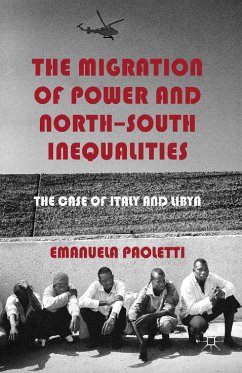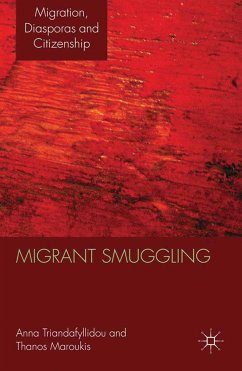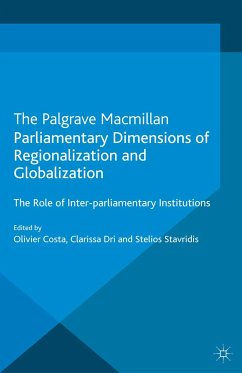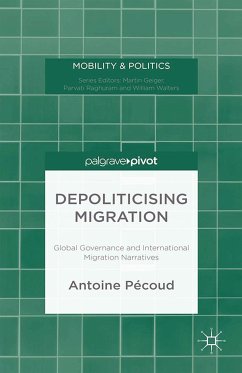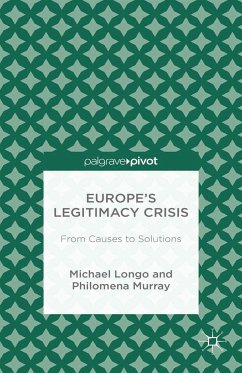Dieser Download kann aus rechtlichen Gründen nur mit Rechnungsadresse in A, B, BG, CY, CZ, D, DK, EW, E, FIN, F, GR, HR, H, IRL, I, LT, L, LR, M, NL, PL, P, R, S, SLO, SK ausgeliefert werden.
'Emanuela Paoletti develops a highly original approach to the analysis of power in Italian-Libyan bilateral migration ties. Her close and careful analysis of the dynamics of power relations and international migration makes a major contribution that will be of significant benefit to students of international migration.' - Professor Andrew Geddes, Head of Department of Politics, University of Sheffield, UK
'An innovative and courageous exploration into one of the empirical fields i.e. the complex and oftenopaque theatre of bilateral and multilateral relations at the 'border' between the EU and Libya which is shaping more deeply and contentiously the future of both Europe's migration policies and external relations.' - Ferruccio Pastore, Director of FIERI (International and European Forum for Migration Research), Italy
'Although this book is primarily directed towards Italian and European engagement with Libya over the growing problem of irregular migration, it highlights the much wider issues now dominating European concerns about border security in the Mediterranean. It is an excellent introduction to a problem that is going to preoccupy European statement for years to come as economic crisis and climate change stimulate migration at an ever-accelerating rate. It should be essential reading for scholar and politician alike!' -George Joffe, Research Fellow, Department of Politics and International Studies (POLIS), University of Cambridge, UK

